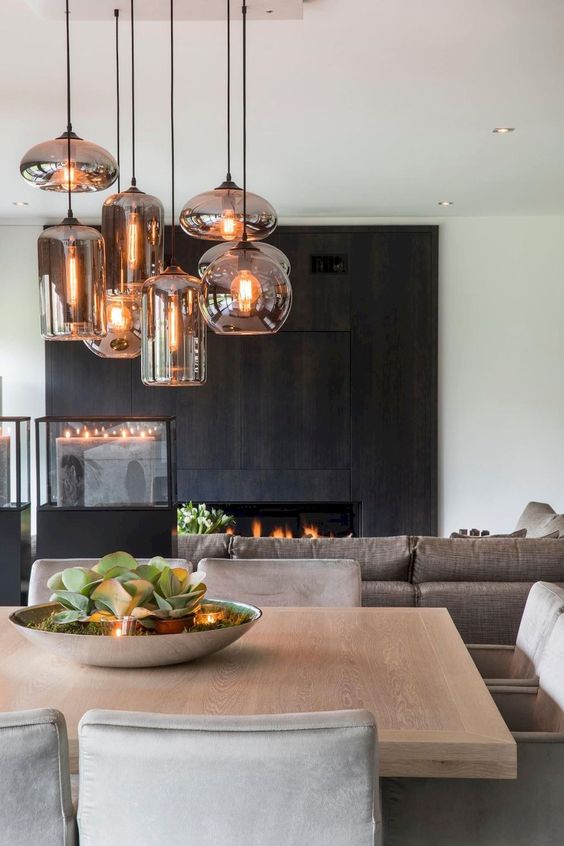The Ultimate Guide to Home Renovations; Here’s What You Need to Do
Are you considering renovating your home? If so, you’re in for a lot of work. Home renovations can be extremely challenging but also very rewarding. This guide will walk you through the entire process of renovating your home, from start to finish. We will cover everything, including planning and budgeting, choosing the right contractors, and dealing with permits. So this guide is for you whether you’re just starting to think about renovating your home or are already in the thick of it!

Planning and budgeting:
The first step in any home renovation is planning and budgeting. This is arguably the most critical part of the entire process, as it will set the stage for everything that comes after. You need to take the time to sit down and figure out exactly what you want to accomplish with your renovation. What kind of style are you going for? How much money do you have to work with? Once you have a clear vision for your renovation, you can start creating a budget. This will help ensure you don’t overspend and end up in financial trouble.
There are a few different ways to finance your home renovation. You can use savings, take out a loan, or put it on a credit card. If you don’t have any financial products currently, you’ll need to learn how to get approved for a credit card and a loan first. Each option has its own pros and cons, so you must carefully consider which is right for you. Once you have a plan for financing your renovation, you can start looking for contractors.

Choosing the right contractors:
Choosing the right contractors is one of the most essential aspects of renovating your home. This can be a daunting task, as many factors must be considered. However, by doing your research and asking for recommendations to find a trusted electrician, you’ll definitely find the perfect team of professionals to help you with your project.
When looking for contractors, getting quotes from multiple companies is important. This will give you a better idea of the average cost of your renovation. Then, once you have a few different sections, you can narrow down your options based on price and experience.
It is also essential to read reviews of contractors before making your final decision. This can be a great way to learn about other people’s experiences with a company. You can also ask family and friends for recommendations. By doing your research, you can be sure that you are choosing the best possible contractors for your home renovation.

Dealing with permits:
If you’re planning any structural changes to your home, you’ll need to apply for a building permit from your local municipality. This process can take several weeks, so factor that into your timeline. Once you have the permit, make sure you keep it on hand throughout the renovations in case inspectors come by.
Depending on the scope of your project, you may also need to hire an architect or other professional to help with the plans. Again, this will add to both the cost and the timeline of your renovation. But it’s worth it to do things right and avoid any potential problems down the road. Once you have everything in place, it’s time to start renovating! Remember to take things slowly and be patient; your dream home is worth the wait.
Consider insurance and safety.
Before starting any home renovation, it’s important to consider insurance and safety. If something goes wrong, you want to be sure that you are covered. Many homeowners insurance policies will cover damage caused by renovations, but it’s always a good idea to check with your insurer beforehand. You may also need additional coverage for things like mold or lead paint.
Safety is another important consideration. If you are doing any work yourself, follow all safety precautions. And if you are hiring contractors, make sure they are appropriately insured and licensed. By taking these precautionary measures, you can protect yourself and your home in the event of an accident.

Have a contingency fund:
Even if you have a clear vision and detailed plan, renovating your home will always involve unforeseen expenses. Whether it’s an issue with the plumbing or something as simple as a broken tile, it’s crucial to have a contingency fund set aside to cover these unexpected costs. A good rule of thumb is setting aside about 20% of your budget for unforeseen expenses. This will help you avoid going over budget and give you some wiggle room in case any issues arise during the renovation process.
Pay attention to detail:
The devil is in the details, and this is especially true when renovating your home. Paying attention to small details can make a big difference in the overall results of your renovation. For example, if you paint your walls, take the time to do it right. Choose high-quality paint and take the time to prep the surfaces before you start painting. This extra effort will give you better results that will last longer. The same goes for any other type of home improvement project. If you want something done right, don’t be afraid to put in a little extra work upfront. It may take longer, but it will be worth it.

Don’t forget the finishes:
When renovating your home, it’s easy to get caught up in significant projects and forget the smaller details. But the truth is, the little things can really make a difference in the overall look and feel of your home. So don’t forget to consider the finishes when planning your renovation.

Think about door handles, light fixtures, faucets, and hardware. These are all small details that can make a significant impact. And, if you choose wisely, they can also help you save money in the long run. For example, choosing energy-efficient light fixtures will help you save on your electric bill, and choosing quality hardware will ensure that your doors and cabinets last for years.
Renovating your home can be a big undertaking. But if you plan carefully and pay attention to the details, you can create the home of your dreams. Remember to take things slowly, be patient, and enjoy the process!






